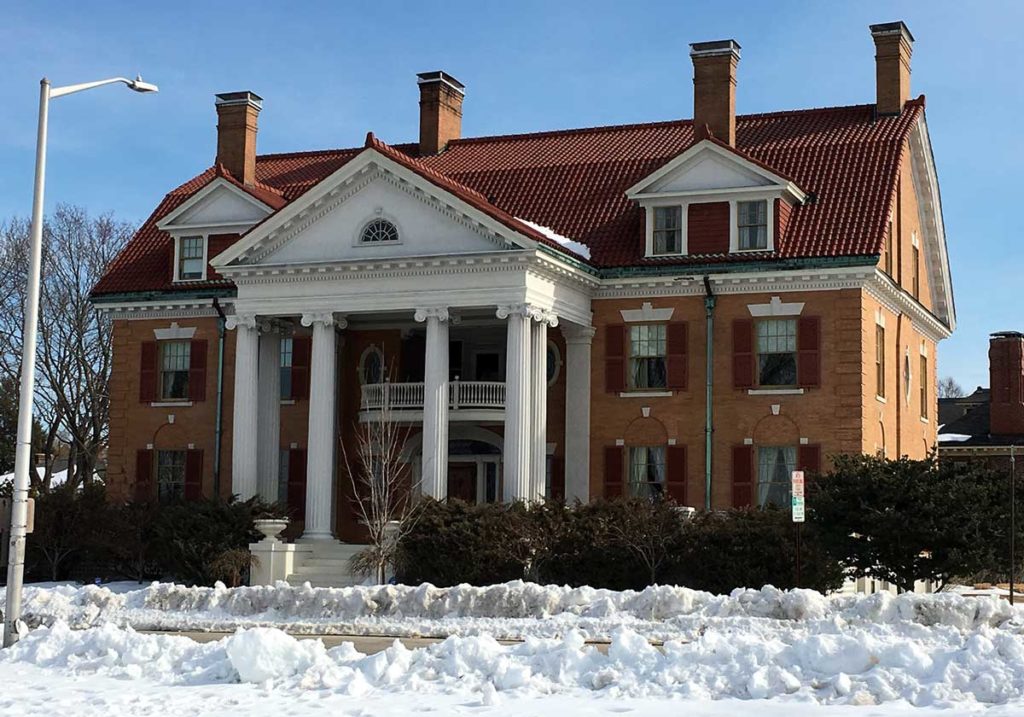By Cameron Autry
The City of Portland is conducting its first property reassessment since 2006. Given the sharp rise in home values in Portland over the past several years, a reassessment is needed to stay within the State mandated assessment laws and guidelines.

The City selected Tyler Technologies to conduct the reassessment. Tyler, a nationwide mass appraisal service company, managed the City’s previous property reassessment and currently provides the City with software products for budgeting, finance, payroll, permitting, inspections, and business licensing.
Municipal governments over time conduct property reassessments because some properties appreciate in value while others depreciate. Without an accurate assessment, property owners will continue to pay the same amount of property taxes despite any changes in property values.
The State of Maine requires local municipalities to keep their tax assessments at 70 percent of fair market value. For example, if a property was assessed for $70,000 but sold for $100,000, this would reflect a 70 percent assessment value for that property.
MUNJOY HILL TO BE HIT THE HARDEST
An increase in property value does not necessarily correlate with an increase in taxes, so long as the increase of a property value matches the national average. If a property rises in value, but at a lesser rate than the city average, then the owner of that property could witness a drop in their property tax bill.
Moreover, widespread increases in property values can potentially lead to a lower property tax rate—also known as the mill rate. If the value of the majority of taxable property within a municipality rises, a lower mill rate would generate enough revenue to meet the demands of a city’s budget, if there are no drastic increases in municipal spending.
City Tax Assessor Christopher Huff said that he expects roughly a third of Portland properties will experience an increase in taxes owed, a third will experience no changes, and the final third will see their tax bill decrease. Further, Huff stated that condominium owners and buildings in the Munjoy Hill neighborhood will be hit the hardest.
EXPECT UPDATED VALUES BY 2021
The City has chosen Tyler Technologies due to the company’s history of working with Portland. The Tax Assessors Office has used a variety of technologies developed by Tyler to manage and assess property data for more than twenty years.
“We’re looking forward to patterning with Tyler on this project,” said City Tax Assessor Christopher Huff. “The property owners and taxpayers of the City deserve fairness and uniformity in the reassessment process and our number one goal is to bring that to them. We have to make if fair for everybody.”
The project began in February, and by April Tyler will have staff on the field taking street-level images of properties and performing data reviews and verifications of each property. Tyler will identify property improvements and adjust inaccurate property data, and eventually determine the market value of every property in Portland, totaling more than 24,000 parcels of land. The project will continue through mid-2020, and updated values will be used for the Fiscal Year 2021 billing cycle.
In addition, Tyler has also been contracted to assist the City with informing property owners about the status and progress of the reassessment. According to Tyler’s website, the company, as part of their mass appraisal services, assists local municipalities with holding public meetings, hosting a public access website to inform residents about the reassessment, and distributing brochures and other communications to taxpayers. Property owners can expect to start receiving information via mail regarding the reassessment in March.
ACCURACY APPRECIATED BUT NOT GUARANTEED
Tyler will also play a role in the appeals process at the conclusion of the reassessment. Tyler’s website states that the company fields questions from taxpayers regarding their property taxes, participates in appeals hearings, and determines neighborhood delineation—in other words, the exact boundaries of specific neighborhoods.
Often the assessed values of properties determined by a mass appraisal company are not accurate. In fact, according to the National Taxpayers Union, it is estimated that 30 to 60 percent of taxable property is overvalued, with the bulk of overvalued properties belonging to middle- and lower-income earners. On average, less than 5 percent of taxpayers challenge an inaccurate property assessment with an appeal.
ASSISTANCE FOR SENIORS

Low income seniors that see a rise in property taxes upon the completion of the reassessment could qualify for financial assistance through the Portland Senior Tax Equity Program, also known as P-Step. The program provides up to $600 in tax rebates for residents between the ages of 62 and 65. Residents 69 and older could qualify for up to $900 in tax rebates.
Cameron Autry is a Parkside resident and volunteer reporter for the West End News.





